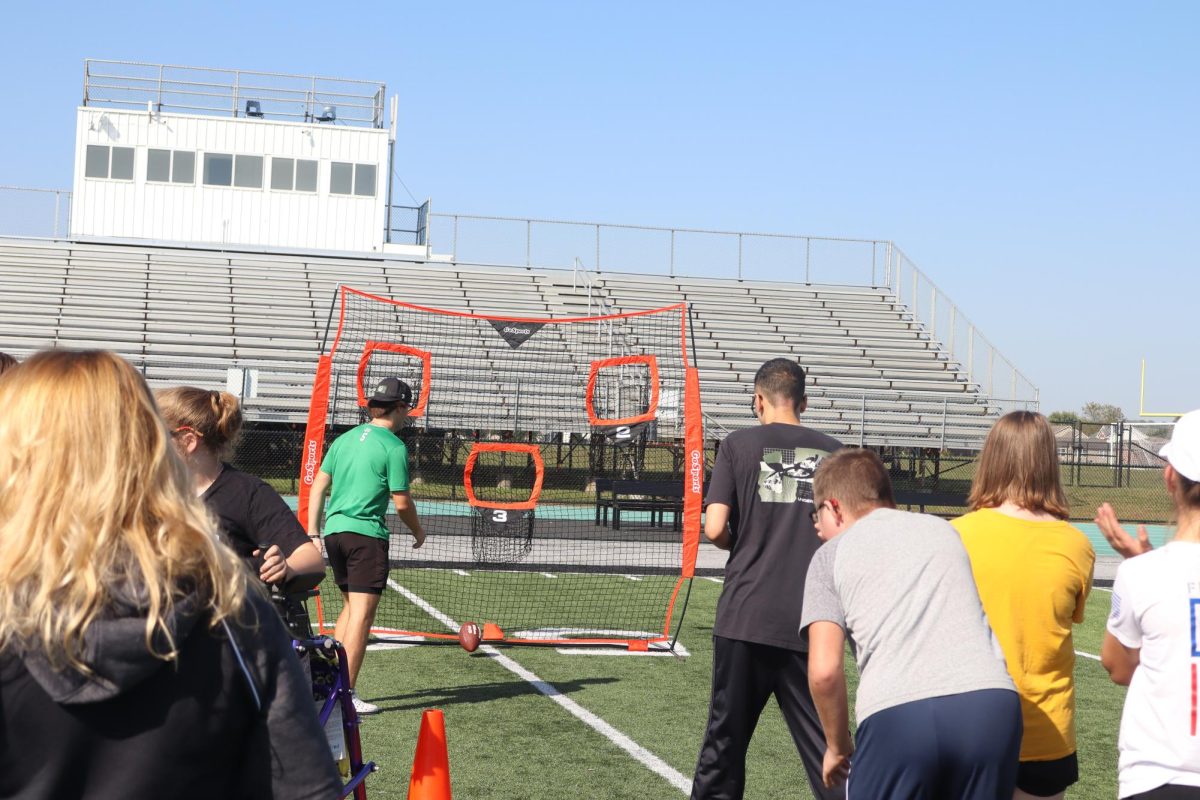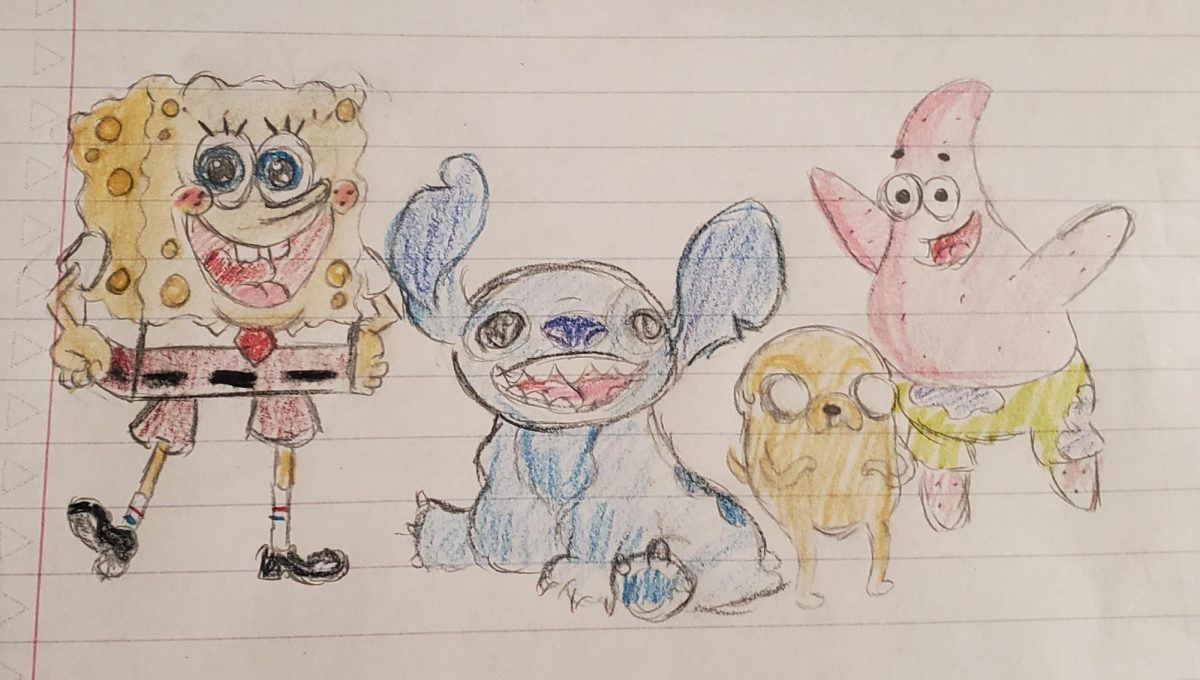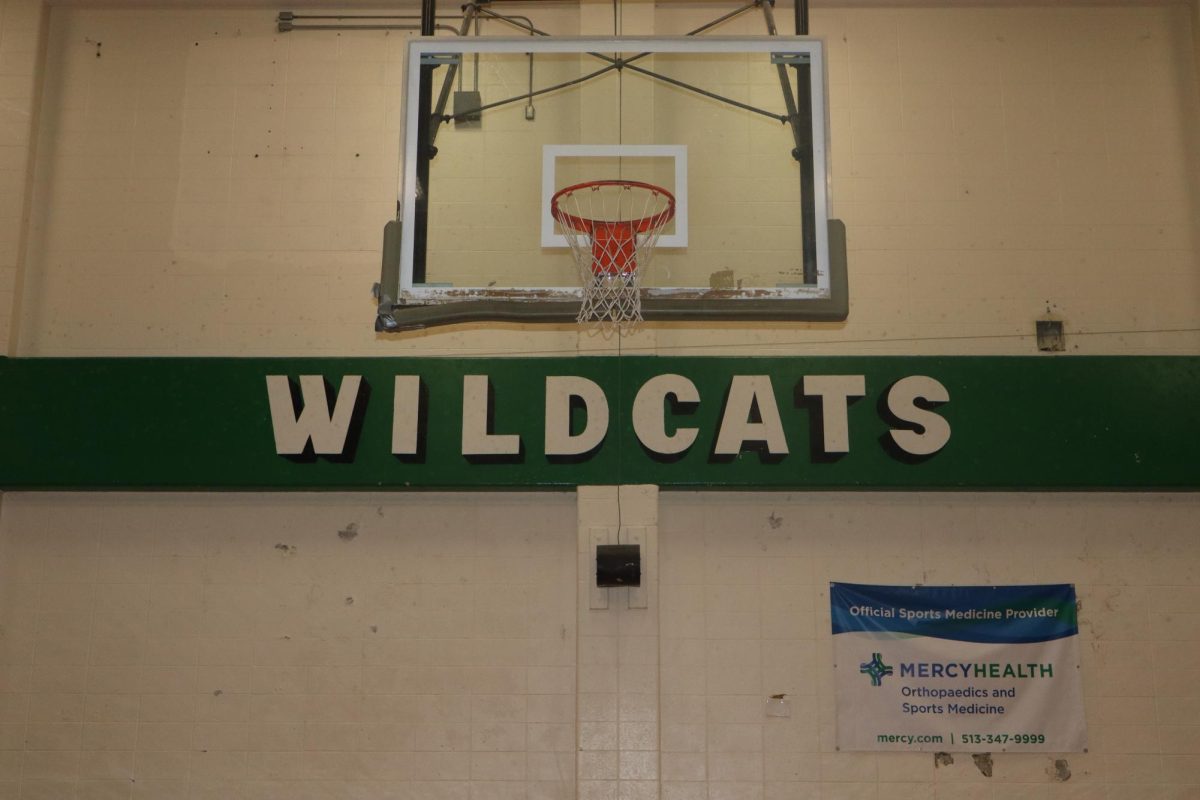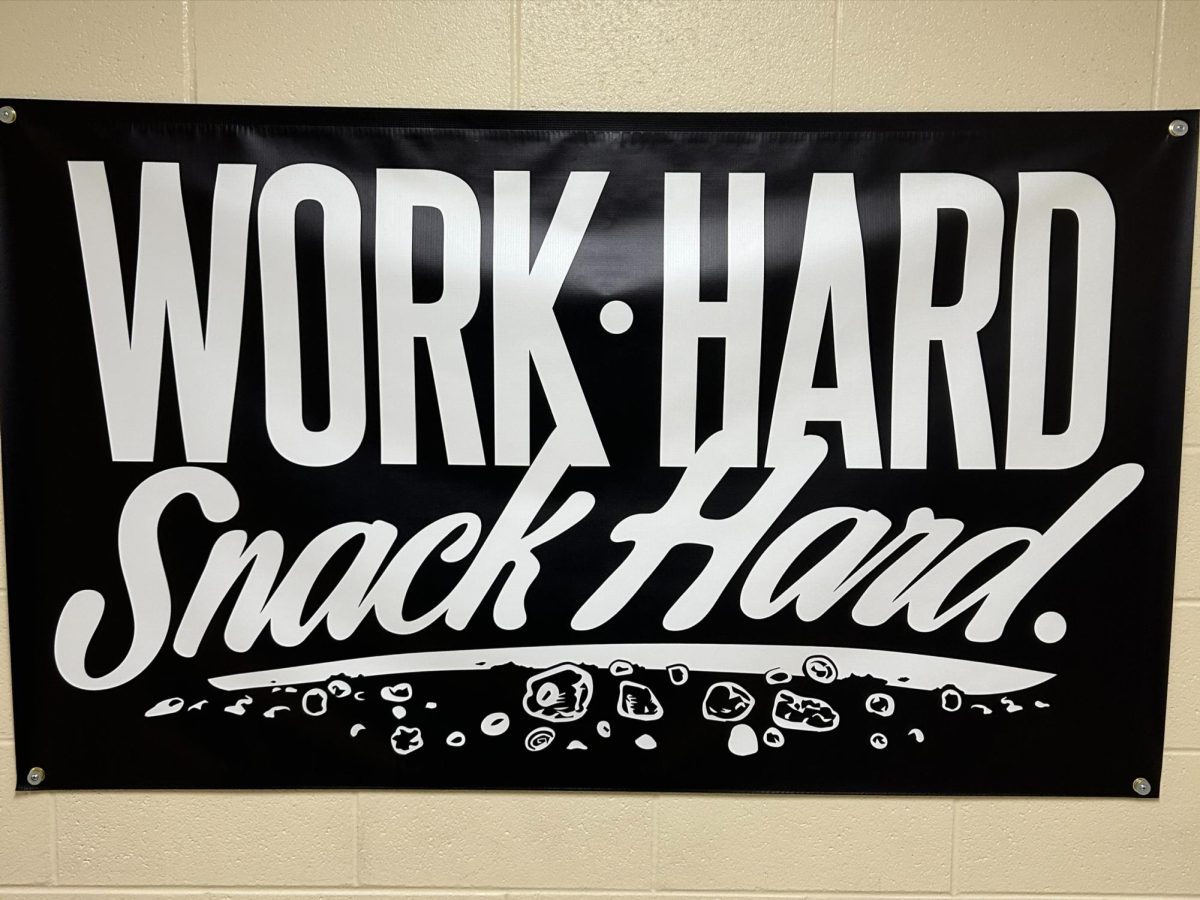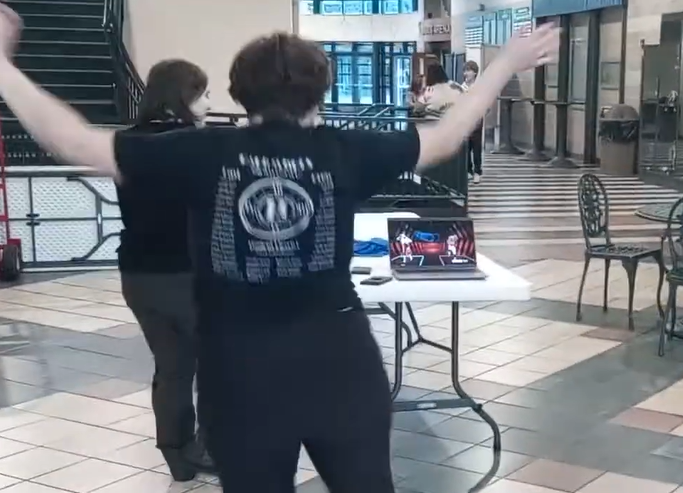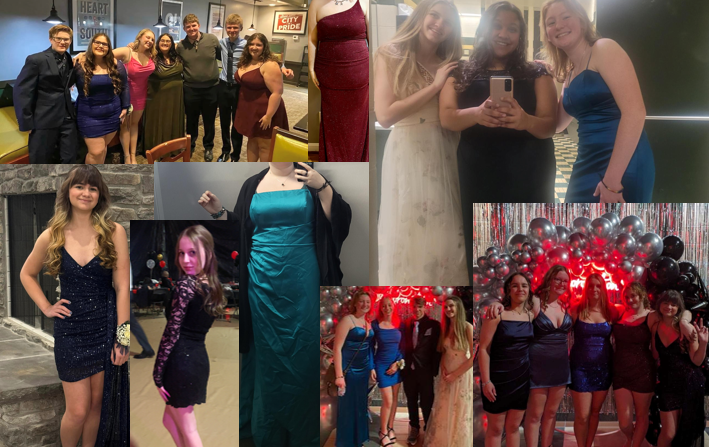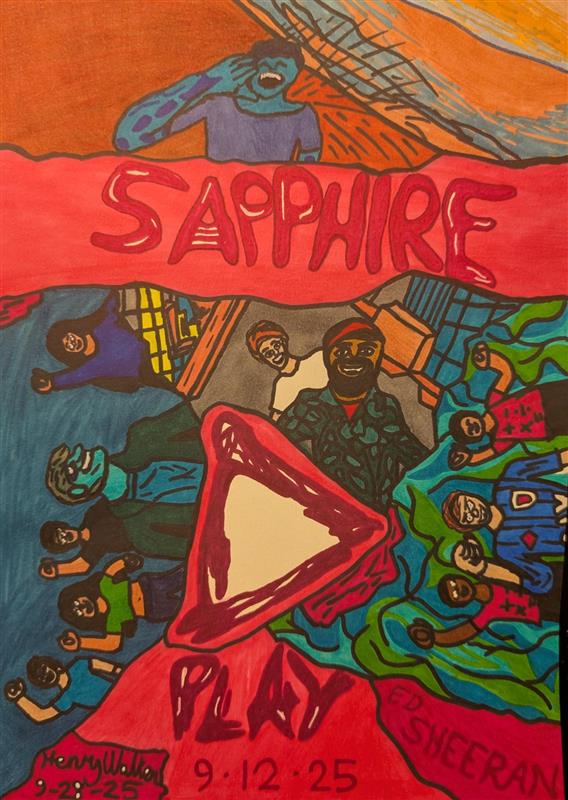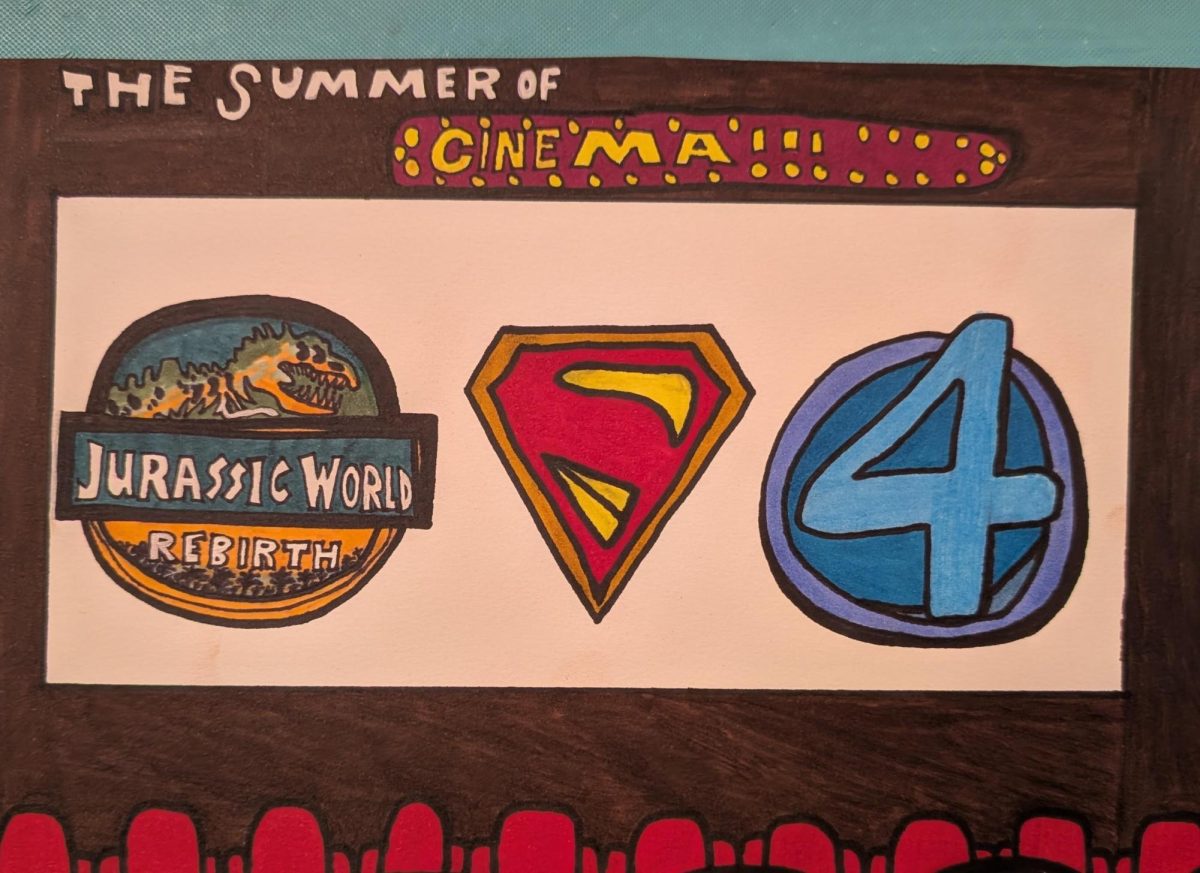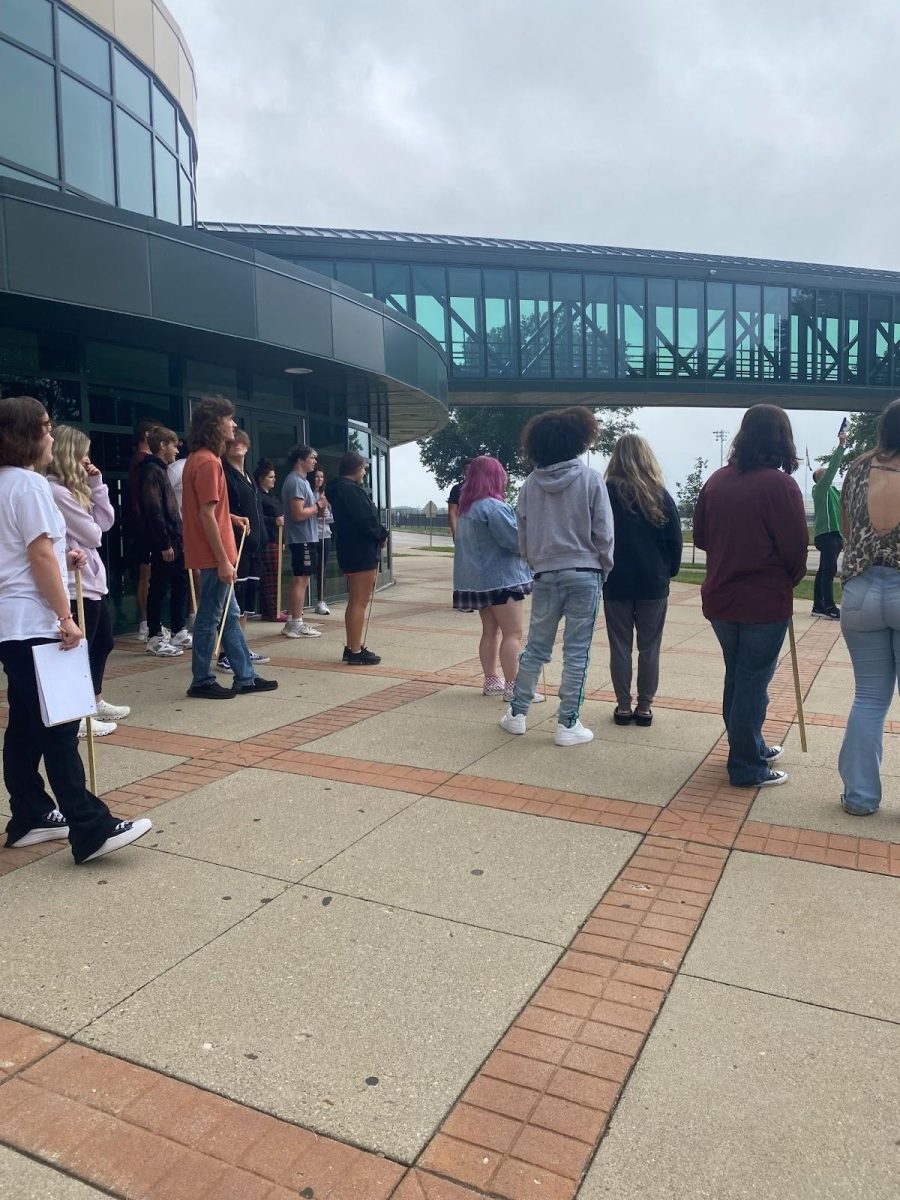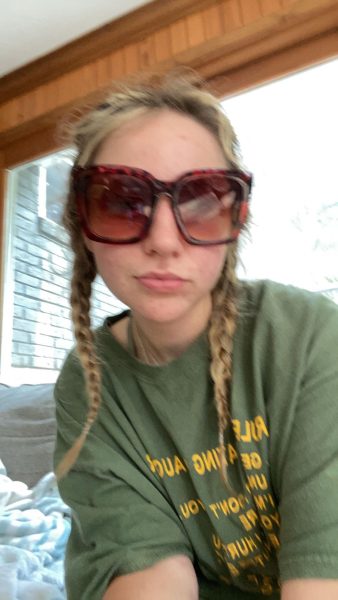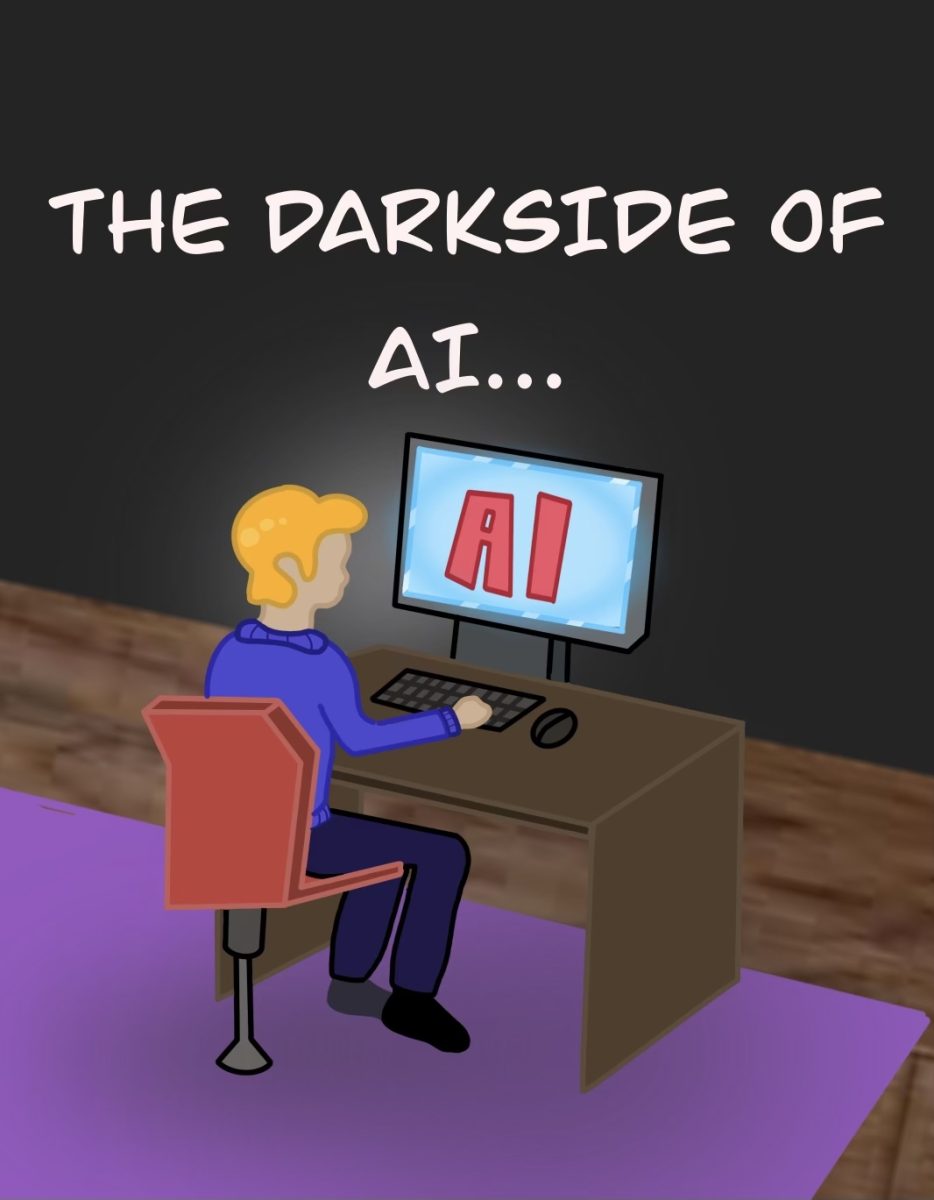Math Modeling and Reasoning (MMR for short) is a new arithmetic class that can substitute for an algebra 2 credit. Taught by Mr. Steve Coffman, who is assisted by Mr. Andrew Schlager, Math Modeling and Reasoning isn’t like any math class you’ve ever taken before. There is no homework nor are there tests. Just hands on learning, teamwork and pure problem solving.
MMR doesn’t just teach you math; it teaches you the hows, whats, and whys of math. You will partake in outside-the-box thinking. Students who want to be successful in MMR need a few things such as “self-motivation and the want to be better at math,” Coffman insisted. Mr. Coffman then recommended this class to anybody and everybody willing to take it. He emphasized, “I think math modeling and reasoning is for everyone. I think the smartest kid can benefit from it, and I think the kid that is struggling most at our school can benefit from it. I think it’s a great way to learn! I’ve seen a real difference in a lot of the students who maybe aren’t good math students but they really enjoyed this, and have been productive in this class. I think it would be great for any student.”
Coffman is very enthusiastic about Math modeling and reasoning; however, he ran into a few challenges with learning this new curriculum. “Mr. Pollitt came to me about a year ago and said he wanted to have this class available. I was nervous. I’ve taught the same thing for a long time, so change is hard. I told him, I said I probably won’t be very good early on. I went to a class this summer and spent 4 days; about over 30 hours, and I learned a lot from a lot of different people.”
Students that are taking the class now have given their feedback with some of their least favorite things about it being “the stress,” says student Haley Patrick. She added that this stress stems from how much creativity and motivation is required. Makyah Wethers is a student in MMR. Her least favorite thing is “how long the class is, but it’s 5th bell.”
When MMR students were asked if they enjoyed the class, most were happy to report they did. In addition to hands-on-learning, they liked getting to work with new people, being with their friends, and thinking about math in ways they never would have approached it before.
